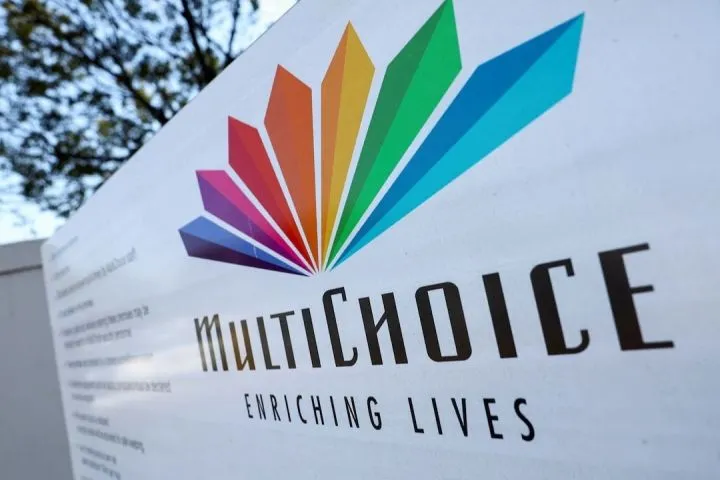
Private planes carrying millions of US dollars in cash frequently land in Zimbabwe to meet the demand for the greenback currency.
At least once a month, and sometimes as frequently as three times a week, a private plane carrying millions of US dollars in cash lands at Robert Gabriel Mugabe International Airport, a report by Bloomberg revealed.
Upon arrival, the pallets of cash are unloaded in a secure area, broken down into smaller packages, and then distributed to various transfer points across the country.
Per the report, this unusual but legal operation, organized by the country's biggest mobile money app, Mukuru, shows how far companies will go to accommodate customers seeking to avoid the local currency in one of the world's most dysfunctional economies.
In recent decades, Africa's mobile money sector has experienced exponential growth. According to GSMA, this sector processes about $912 billion annually.
While most fintech companies focus on digital money transfers, those in Zimbabwe cater to a different need: helping Zimbabweans access physical US dollars.
In the first five months of the year, remittances from Zimbabweans living abroad rose by 16%, totaling $823 million, according to the Reserve Bank of Zimbabwe.
The country's preference for cash originated more than 15 years ago, after a failed land reform policy set off a hyperinflation spiral that wiped out Zimbabweans' savings and led to the national currency being scrapped in 2009.
Ever since, there's been so little confidence in Zimbabwe's local currency that about 80% of the country's population transacts in the US dollar.
In April, the country's central bank introduced a new gold-backed currency called Zimbabwe Gold (ZIG). It is the country's sixth attempt at creatinga new currency since 2008. The Zimbabwe dollar - the currency the country most recently used - has tanked 80% this year alone.
Zimbabwe has been trying to wean itself off the US dollar. While the new currency has so far been stable, it's been an uphill battle to get people to adopt it. If successful, ZiG may be able to replace some - if not all - transactions that currently take place with the US dollar.















Comments